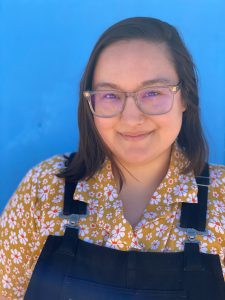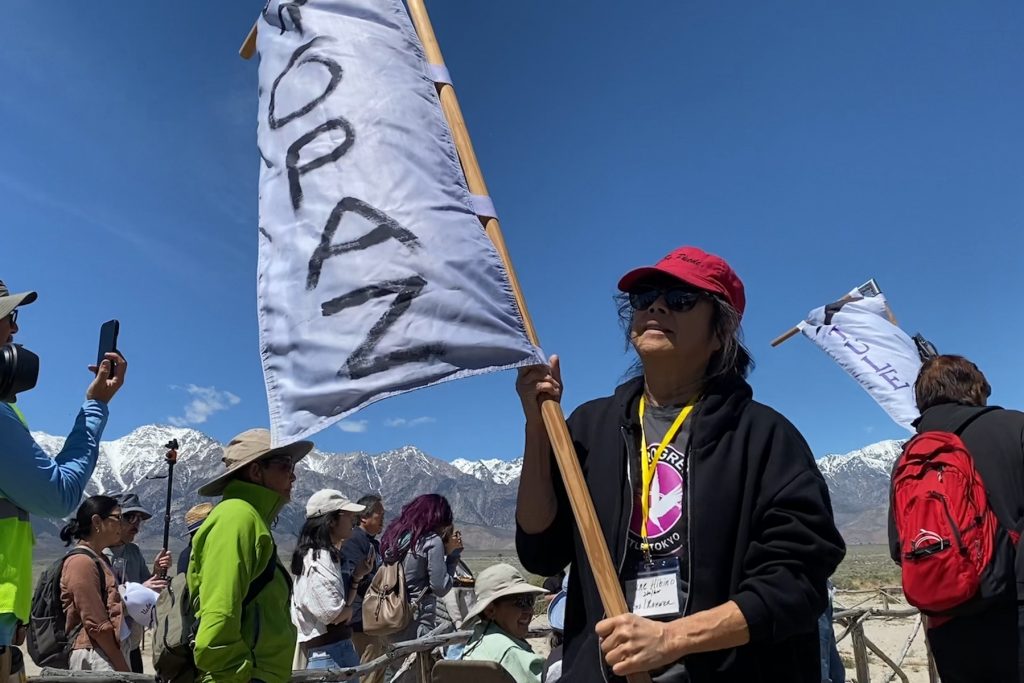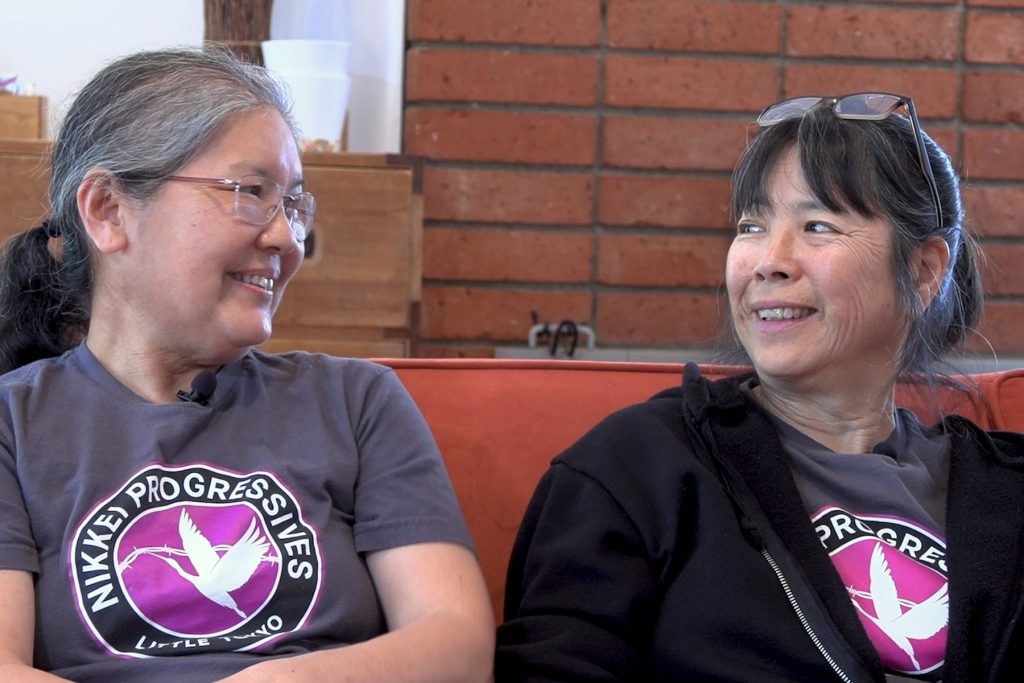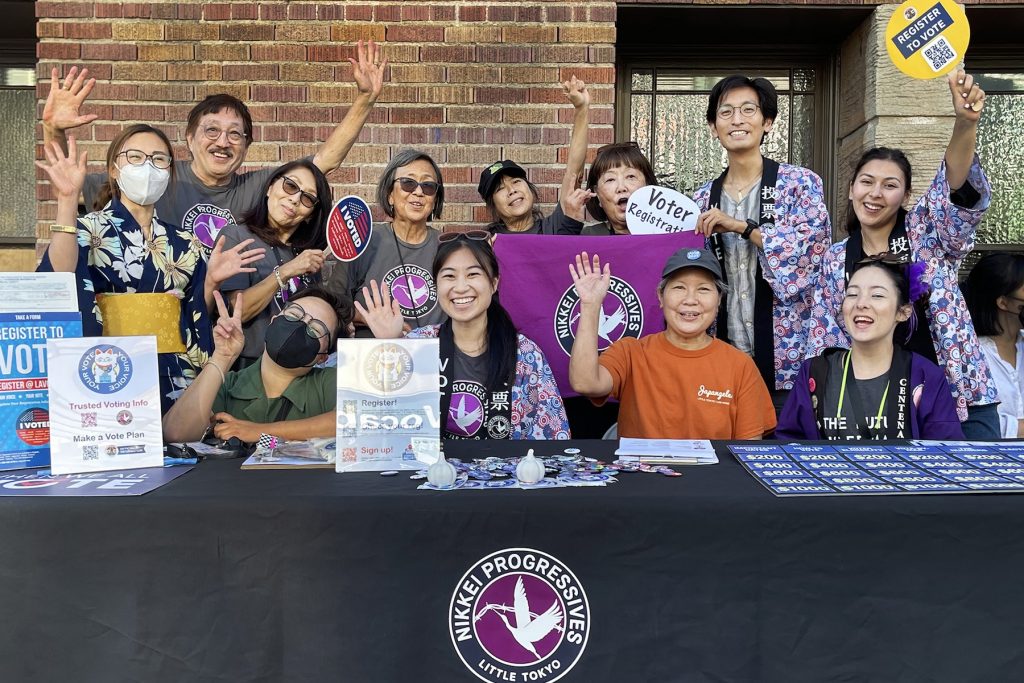Interview with Mia Barnett (Apathy Is Not An Option)
Introducing our featured filmmaker: Mia Barnett
Apathy Is Not An Option
When did you begin working on ‘Apathy Is Not An Option’, and why did you decide to make this short film?
What are the main messages, or message, you want viewers to understand about the Asian-American community going into this election?
I hope to communicate to Asian Americans audiences in particular that while frustrations with electoral politics is understandable, doing nothing won’t solve the issues that are important to us. Voting is vital, especially down ballot in the state and local elections where your vote matters even more. And voting is not the only thing we can do or should do — supporting efforts to push our representatives to enact legislation that moves us to a more just society should go hand in hand with going to the polls.
What were some of the things you learned from interviewing and profiling June and Kimi for this film?
I knew June and Kimi pretty well prior to filming with them because we are all involved with Nikkei Progressives, a grassroots, all-volunteer organization based in Los Angeles’ Little Tokyo. It was through our friendship that I knew they’d be perfect for this project! But I did learn new things while working on this project together — mainly about organizing in Japantown in San Francisco during college and how those experiences created deep bonds between the two of them and other friends who they are still close to today.
There is also a strong intergenerational aspect of this film, showing the history of what many Asian-Americans experienced in the past, and the future they are fighting for. Can you talk about this intergenerational focus and why it was important to include?
I feel very fortunate to be in community with so many aunties and uncles who are mentors to the next generations of activists. We spend lots of time asking them about their experiences from the ’60s and ’70s, comparing their stories to what we’re fighting for today, and teaching each other new skills (them: how to make traditional dishes and us: how to use Google Drive). I’ve had some experiences in other organizing spaces that are primarily made up of younger folks where it feels like there’s a disconnect between movement eras. People know the history but sometimes miss lessons from the experiences of our elders, which is particularly disappointing when they are still active in community and often excited to work with young people. In my micro documentary, I wanted to show this connectedness between generations and hopefully encourage audiences to seek out spaces that are intentionally intergenerational.
What does it mean to you personally to be an AAPI filmmaker and storyteller as we head toward election day in November?
I feel honored to be part of a larger community of AAPI filmmakers dedicated to telling authentic stories about our communities. We as humans like to categorize the world, but it’s important to remember that no community is a monolith. That’s why I love documentary filmmaking — we get a glimpse inside of worlds that challenge our beliefs and assumptions.
What are you working on next, and where can we see more of your work and follow you?
“Apathy Is Not An Option” is my first documentary, and I’m excited to be developing my next project. It’s still in early stages, but it will be about the current issues that Little Tokyo is facing, like the pressures of gentrification and the housing crisis which threaten the livelihood of the neighborhood. Since I don’t often update my own social media, I’m going to give a shout out to Nikkei Progressives (IG: nikkeiprogressives). We’re a community organization focusing on issues like immigration, Black reparations, Palestinian liberation, and electoral politics.





